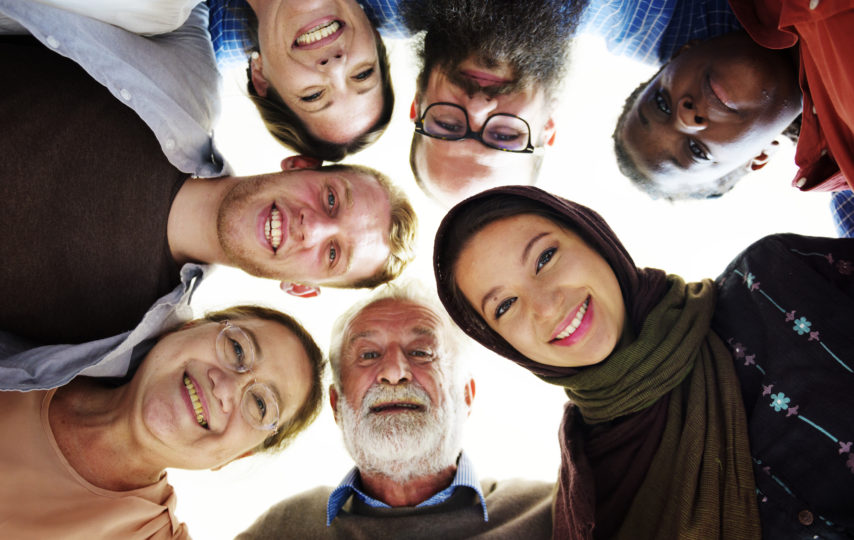If you’ve ever tossed out a losing lottery ticket or come back from Las Vegas with nothing but great memories (and an empty wallet) then you might think that you’re simply unlucky. But according to new research conducted by bestcasinosites.net, whilst many casino games rely on your skill and understanding of the game, it is possible (statistically speaking, at least) to be born lucky. The website has analysed the lifestyles of residents of some of the world’s most privileged countries, and then made that privilege measurable to determine why individuals from some nations are considered to be ‘luckier’ than others. It’s important to note that whilst this is interesting on a wider level, it shouldn’t be used to determine individual levels of luck. Still, it poses an interesting question: Are people born in some countries simply luckier than these born in other countries?
The Luckiest Countries in the World
Statistically speaking, the three luckiest countries in the world are all located in northern Europe: they are Switzerland, Iceland and Norway. This assessment is based on four different factors: the career opportunities in the country, the levels of health and safety a country offers, the overall life satisfaction of the residents, and finally, how financially secure each country is. When taking all of these factors into account, if you are born in one of these three countries, then you are immediately considered to be luckier than those individuals who are born in less privileged countries.
The main reasons for this are that more access to education and career opportunities you have the more likely it is that you will be able to live a financially and physically independent lifestyle: one of the key markers or luck and/or success. The same is true of living in a country with very low homicide risk, coupled with high-quality healthcare provision: often individuals are inclined to take more risks, take chances and try new things when they know they have a strong support system behind them (and when these things go right, this is often attributed to luck). In short, it is easier to be a lucky person if you are born into a privileged position, and in a country where all children are afforded similar, high-levels of opportunity from birth. In the lucky countries outlined above, this is certainly true.
Do You Make Your Own Luck?
Whilst this statistical analysis is interesting in determining how ‘lucky’, or at least fortunate, individuals for certain nationalities are, there are many immeasurable qualities that will determine if someone is lucky. Whilst you can be born with certain advantages, what you do with those advantages is up to you. You can build on the education you are given; open yourself up to new opportunities; learn new skills; try new things. And of course, people who consider themselves unlucky can turn that luck around. You make your own luck: what you do with the situation you have been born into is entirely up to you!













